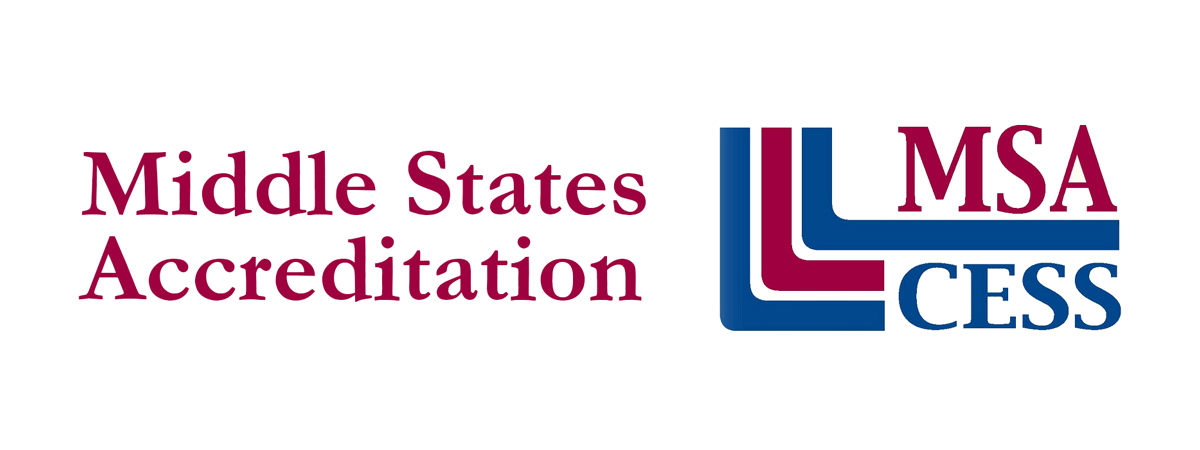Key Soft Skills for Success in Business and Leadership
In an age where industries are driven by innovation, agility, and collaboration, technical knowledge alone is no longer the golden ticket to career success. Business leaders and professionals are increasingly recognized not just for what they know, but for how they work with others, handle pressure, and drive change. These traits are rooted in what we call soft skills—personal attributes that enhance communication, leadership, and emotional intelligence.
Soft skills serve as the foundation for successful leadership in today’s highly interconnected global marketplace. Whether you're leading a small startup or managing a multinational team, the ability to build trust, adapt, and communicate effectively is vital. In this article, we explore ten essential soft skills that shape strong business leaders and how developing these skills can elevate your career.

Effective Communication
Strong communication skills are at the heart of all successful business relationships. Leaders must be able to express ideas clearly, listen actively, and adapt their messaging depending on the audience. This goes beyond simply speaking or writing well—it includes non-verbal cues, clarity in digital communication, and emotional tone.
Good communicators make their teams feel heard and understood. This, in turn, improves morale, minimizes conflict, and ensures that business goals are clearly defined and aligned across all levels of the organization.
Emotional Intelligence (EQ)
Emotional intelligence, or EQ, is the ability to understand and manage your emotions while also empathizing with others. In leadership, EQ is what allows you to remain calm under pressure, navigate interpersonal dynamics, and resolve conflicts diplomatically.
Leaders with high emotional intelligence tend to build stronger relationships with their team members, demonstrate empathy in difficult situations, and inspire loyalty through authenticity and trust.
Adaptability and Flexibility
The modern workplace is constantly evolving due to technological advancements, global events, and shifting consumer expectations. Adaptability is a vital soft skill that allows leaders to adjust strategies quickly, embrace change, and lead their teams through periods of uncertainty with confidence.
Being flexible doesn't mean abandoning structure; it means having the willingness to pivot when necessary and being open to new ideas, even when they challenge the status quo.
Critical Thinking and Problem-Solving
Critical thinking is the disciplined process of actively analyzing, interpreting, and evaluating information to make informed decisions. It plays a critical role in strategic planning, risk management, and innovation.
Effective leaders must navigate complex challenges daily. Problem-solving requires not only logic and analysis but also creativity and intuition. Leaders who can assess problems from multiple angles and implement practical solutions tend to gain a competitive edge.

Collaboration and Teamwork
In today’s interconnected business environment, no leader operates in isolation. The ability to work collaboratively and foster team synergy is essential. Great leaders know how to balance individual contributions with group goals, facilitate open dialogue, and encourage collective ownership of outcomes.
Collaboration also means knowing when to step in and when to delegate. Leaders who master this balance help build a culture of trust and shared purpose.
Time Management
Managing time efficiently is key to productivity and goal achievement. Leaders are expected to juggle multiple responsibilities, from overseeing projects to mentoring team members. Poor time management can lead to missed deadlines, low performance, and burnout—not just for leaders, but for their teams as well.
Effective time managers prioritize tasks based on importance and urgency, delegate wisely, and set realistic timelines. They also know how to maintain a healthy work-life balance.
Conflict Resolution
Conflicts are inevitable in any workplace, but how a leader handles them can make all the difference. Conflict resolution skills involve listening with empathy, understanding different perspectives, and guiding discussions toward constructive outcomes.
Leaders who are skilled in conflict management reduce workplace stress, preserve professional relationships, and help create an inclusive environment where diverse viewpoints are respected.

Creativity and Innovation
Creativity in leadership goes beyond artistic expression. It involves the ability to think outside the box, generate original ideas, and innovate processes or products. Innovation is a driving force in competitive business environments, and leaders who foster creativity often guide organizations to new heights.
Encouraging a culture of innovation requires courage—the courage to take risks, learn from failure, and challenge conventional thinking.
Decision-Making
Every leadership role involves decision-making. From hiring new talent to selecting the next strategic move, leaders must assess available data, anticipate consequences, and act decisively.
Good decision-makers are not impulsive. They gather insights, consider both short- and long-term impacts, and remain open to feedback. Confidence in decision-making inspires confidence in others.
Empathy
Empathy may be one of the most underrated leadership traits, yet it is central to building strong teams. Empathetic leaders create psychological safety, allowing team members to express concerns, take initiative, and thrive.
Empathy also informs better customer service, more ethical decision-making, and stronger professional relationships across cultures and departments.
Conclusion: Cultivating Soft Skills for Leadership Excellence
Soft skills aren’t innate; they can be learned, practiced, and refined. As the business world continues to evolve, developing your soft skills can set you apart from others with similar technical qualifications. These qualities not only make you a better professional but also a more influential, respected, and effective leader.
At the Manhattan Institute of Management (MIM), our programs are built to help you grow as a complete professional. Alongside core business knowledge, we integrate soft skill development through interactive projects, group work, and real-world internship opportunities.
Ready to Elevate Your Leadership Journey?
Discover how MIM's business and management programs in New York City can help you build the skills that today’s employers value most. Whether you're starting your career or looking to advance into leadership, our courses offer the knowledge, mentorship, and real-world experience you need to succeed.
👉Explore Our Programs and take your next step today.







